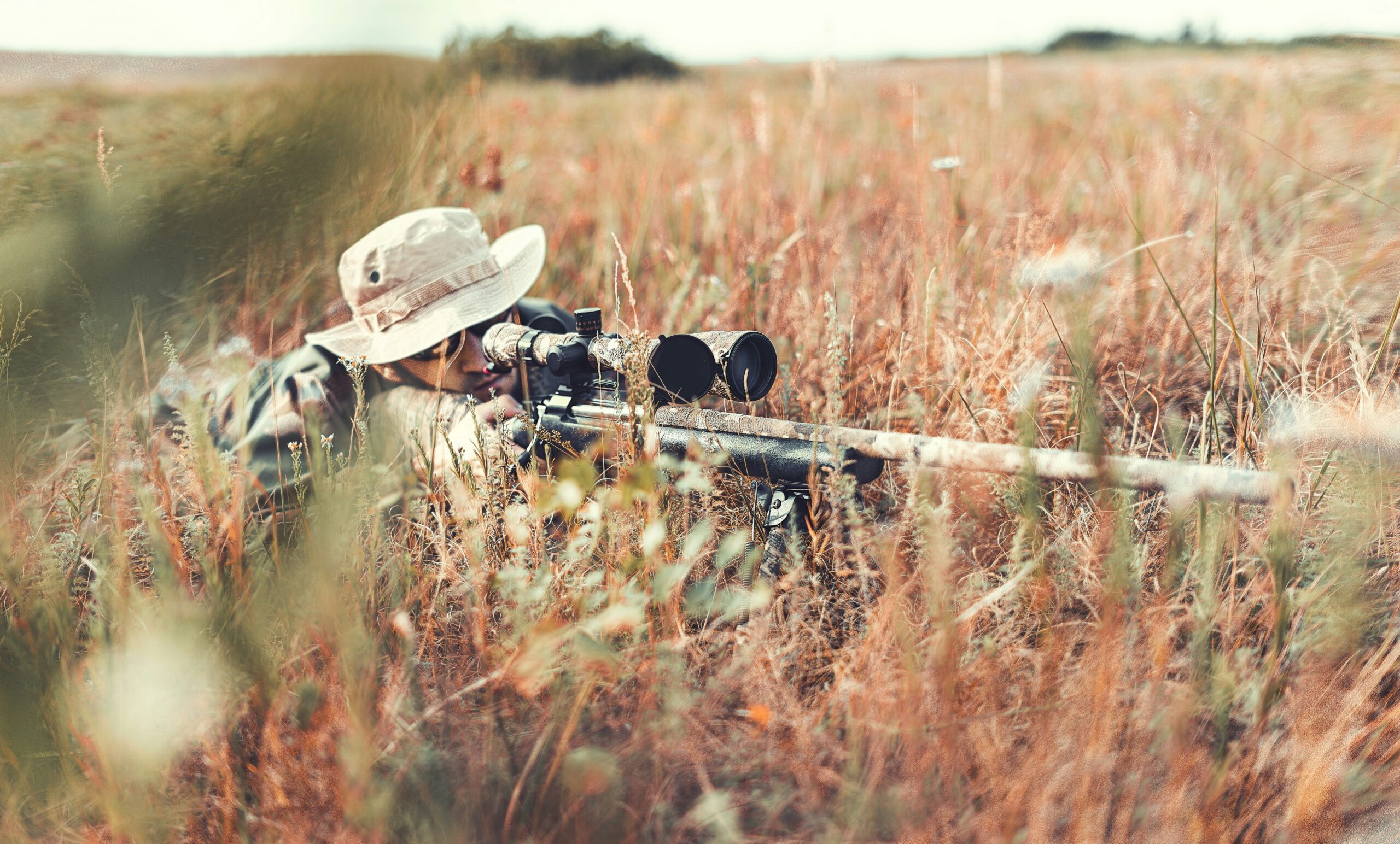Do you sometimes wonder if there are any legal restrictions on wearing camouflage gear in public? It might seem like an unusual question, but it’s surprisingly common, and one that can carry more complexity than you might think. Many people, intrigued by its rugged aesthetics or its association with outdoor activities, might want to sport some camo cargo pants or a jacket as part of their everyday attire. But before you step out in your newly acquired camo outfit, let’s unpack the nuances of legality, social norms, and practicality surrounding this distinctive style choice.

Understanding Camouflage
To start, let’s chat a bit about what camouflage actually is. Originally designed for military use, camouflage is a pattern used to help individuals blend into their surroundings. This has proven crucial in various combat situations, reducing visibility to the enemy. Its effectiveness is in its specific design, often mimicking natural landscapes like forests, deserts, or snow.
The Fashionable Side of Camouflage
Beyond its practical military applications, camouflage has found a niche in the world of fashion. You’ve surely noticed it strutting down the runways or sported by your favorite celebrities. It can be seen everywhere, from high-end collections to casual streetwear. So, what’s not to like, right? It offers a unique blend of function and fashion, and perhaps this intersection contributes to its enduring appeal.
Legal Considerations of Wearing Camouflage
Federal Laws
In the United States, federal laws do not explicitly prohibit wearing camouflage gear as civilian clothing. Unlike certain military badges or decorations, camo patterns do not receive the same level of protection or restriction under U.S. law. Nevertheless, appropriating military uniforms or insignia is illegal under the Stolen Valor Act if done with the intent of misleading others about military service.
State and Local Regulations
Here’s where things can get a tad more complex. While federal law does not restrict civilians from wearing camo, state and local laws can vary. Some areas predominantly in the southern United States, might have specific restrictions, often because they associate such attire with battle reenactments or organized protests.
To illustrate, let’s take a look at a sample table below:
| State | Camouflage Restrictions |
|---|---|
| Florida | No specific restrictions |
| Louisiana | Certain restrictions during protests |
| New York | No specific restrictions |
| Texas | Allowed in public spaces |
These examples should encourage you to check local regulations before making camo your daily attire in a new location.
International Regulations
If you’re planning to travel internationally with your camouflage gear, it’s important to be aware that other countries have stricter rules. Some nations’ laws consider the wearing of camouflage by civilians to be illegal, aiming to avoid any confusion with military personnel. In particular, countries such as Barbados and Saudi Arabia have laws against civilians sporting military patterns, and violators can face fines or even imprisonment.
Social and Cultural Considerations
Now that legalities are clearer, how about we touch on the social impact of wearing camo? It’s important to think about how camo is perceived in different environments.
Public Perception
Wearing camouflage in public can sometimes blur the lines between military and civilian life. In some communities, this blend can be welcomed; in others, it might be misunderstood. Context can be crucial. Imagine wearing your camo cargo in a veteran’s ceremony. It might unintentionally communicate a message or connection to military service, which isn’t your intent.
Fashion vs Function
While camo can make a bold fashion statement, it is also favored by people who enjoy outdoor activities such as hunting or bird-watching for its functional merits. You might find that camo gear comes in handy for legitimate reasons that go beyond making a sartorial splash.
Practical Considerations
Putting cultural factors aside, let’s not forget the practical elements of wearing camouflage. It’s not just about hunting coyotes or rebelling against the runway; there are mundane considerations that might affect how you incorporate camo into your wardrobe.
Visibility and Safety
Camouflage is, by design, crafted to make the wearer less visible. This makes it great for hiding in a duck blind but less so when you’re crossing a busy street at night. Bright clothing can make you more visible in low light, which is something to think about when deciding what to wear for your evening jog.
Weather Appropriateness
Then there’s the question of practicality regarding the weather. Camo patterns are typically found on utility-focused clothing designed for a variety of climates. Many camo items are made with materials to withstand varying temperatures and conditions, yet they’re not always going to be the right match for every climate. Double-check your gear’s suitability for inclement weather conditions!

Navigating Social Situations with Camo
When to Wear and When Not To
Mastering the art of wearing camo gracefully is a subtle skill. Formal work events, weddings, or fashion-forward brunch locales might not be the ideal setting for camo pants. However, outdoor picnics or hiking trips will suit your style well. As with most attire choices, context is key.
Being Respectful
Whether you’re an avid admirer of the aesthetic or simply appreciate its functional qualities, remember to respect the symbol camo represents to many—especially the military community. Wearing it is not just an individual statement; it also communicates societal nuances, and it’s worthwhile to parse these with respect.
Conclusion
So, are there any legal restrictions on wearing camouflage gear in public? As we’ve discovered, the answer isn’t a simple one. The legality largely hinges on where you’re located and where you plan to travel. While generally permissible in the U.S., wearing camo internationally can sometimes lead to unexpected legal woes.
Yet, legality is only part of the story. Societally and culturally, wearing camouflage can trigger a range of perceptions, and it’s wise to navigate these waters thoughtfully. Fashion and function should blend effortlessly with awareness and respect.
Armed with this knowledge, you can now step out in your camo with a newfound confident understanding. Whether you’re looking to make a bold fashion statement, embrace an outdoor lifestyle, or navigate international adventures, understanding the broader implications of wearing camouflage gear will ensure you do so legally and respectfully.


